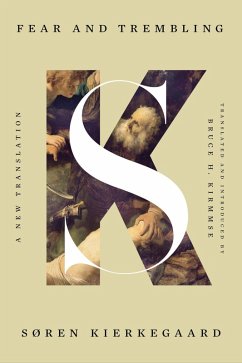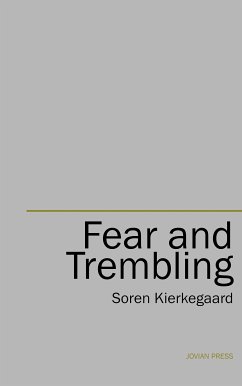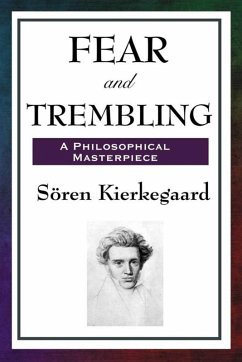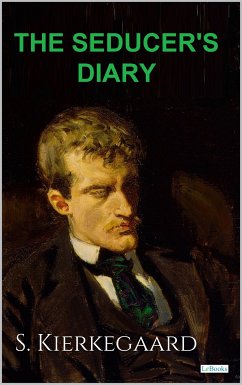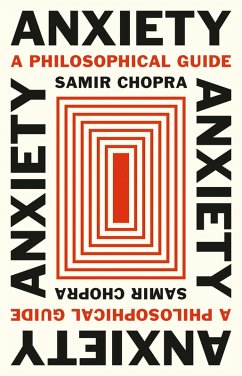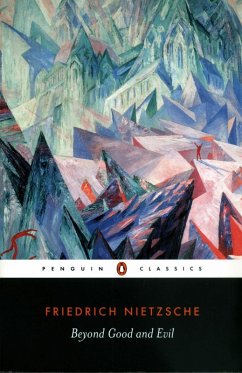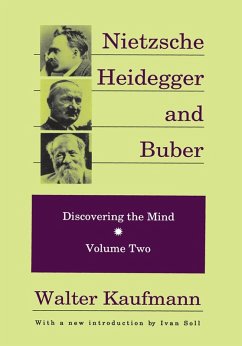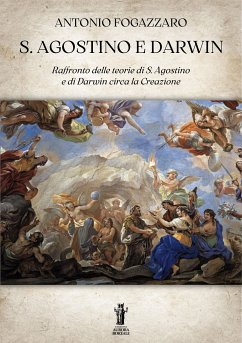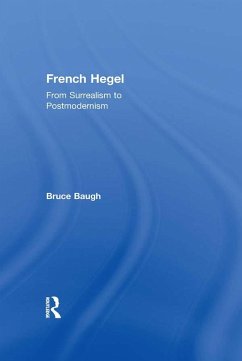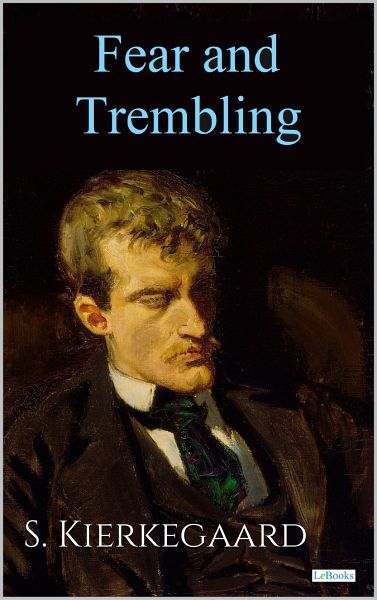
FEAR AND TREMBLING - S. Kierkegaard (eBook, ePUB)

PAYBACK Punkte
0 °P sammeln!
Søren Aabye Kierkegaard, born in Copenhagen in 1813 and deceased in 1855, was a Danish philosopher, theologian, poet, and social critic, widely regarded as the first existentialist philosopher. Throughout his career, he wrote critical texts on organized religion, Christianity, morality, ethics, psychology, and philosophy of religion, showing a particular fondness for figures of speech such as metaphor, irony, and allegory. The work "Fear and Trembling" is one of the most well-known and esteemed among Søren Kierkegaard's vast production. In this work, Kierkegaard does not deny his Christian p...
Søren Aabye Kierkegaard, born in Copenhagen in 1813 and deceased in 1855, was a Danish philosopher, theologian, poet, and social critic, widely regarded as the first existentialist philosopher. Throughout his career, he wrote critical texts on organized religion, Christianity, morality, ethics, psychology, and philosophy of religion, showing a particular fondness for figures of speech such as metaphor, irony, and allegory. The work "Fear and Trembling" is one of the most well-known and esteemed among Søren Kierkegaard's vast production. In this work, Kierkegaard does not deny his Christian past; rather, he asserts that this religious doctrine must be internalized by the individual according to their own subjective demands. The analysis contained in "Fear and Trembling" is based on parameters that are still fully relevant for contemporary reflection on religious conduct.
Dieser Download kann aus rechtlichen Gründen nur mit Rechnungsadresse in A, B, BG, CY, CZ, D, DK, EW, E, FIN, F, GR, H, IRL, I, LT, L, LR, M, NL, PL, P, R, S, SLO, SK ausgeliefert werden.




